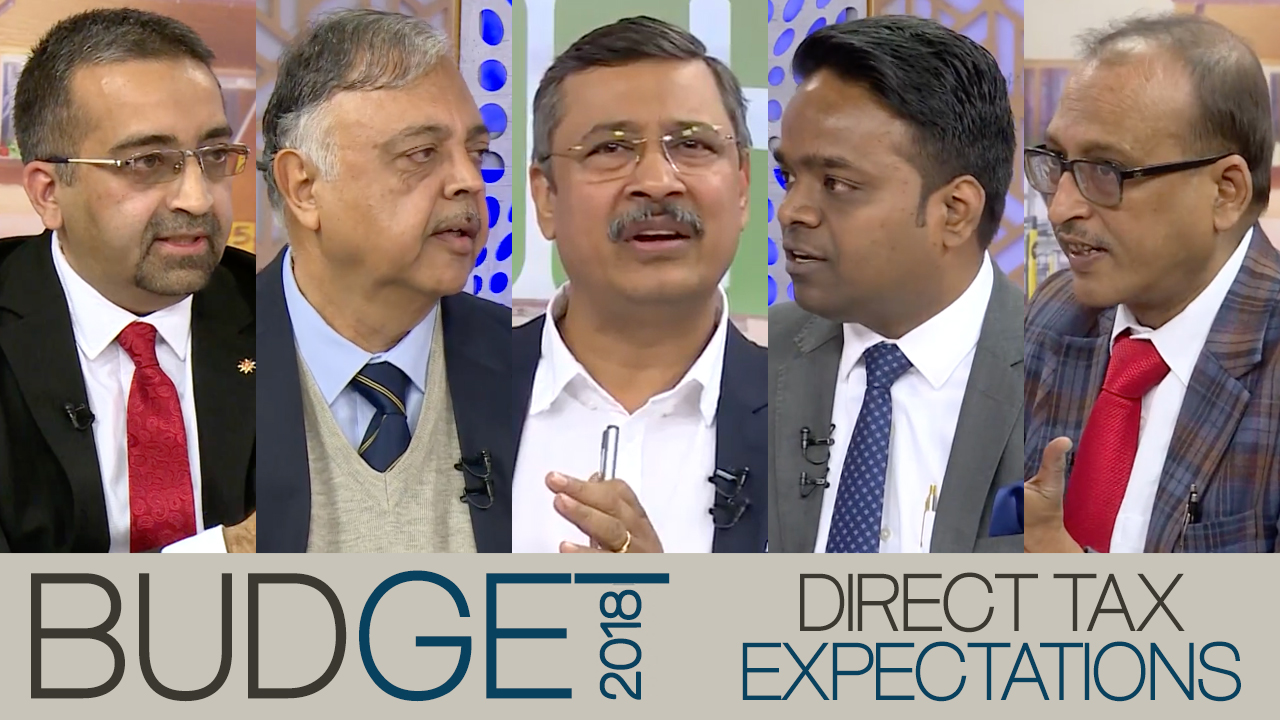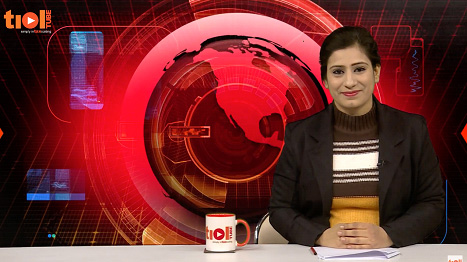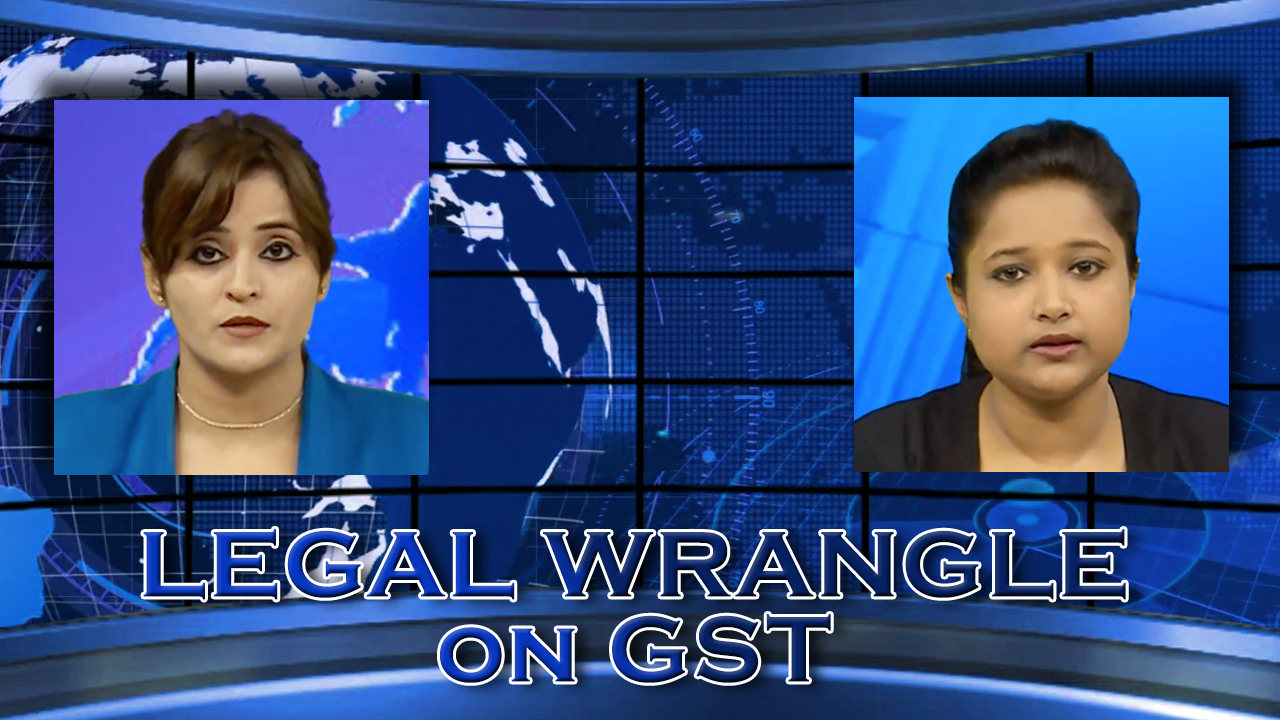2018-TIOL-77-CESTAT-BANG
Terumo Penpol Ltd Vs CCE & C
CX - Assessee is manufacturer of blood bags and availed CENVAT credit on inputs and cleared on payment of appropriate rate of duty - During course of manufacture of blood bags, waste is also generated and assessee cleared it as PVC scrap without payment of duty availing the exemption under Notfn 10/2003-CE as amended - Though the assessee is not maintaining separate records with regard to clearance of PVC pipes on payment of duty and PVC scrap cleared at nil rate of duty but they have been clearly showing both type of clearances in their ER-1 returns which has been regularly filed with the Department - Further, this fact has been admitted in impugned order by Commissioner (A) that assessee have been filing periodical returns in which they have clearly declared the clearances of their dutiable and non-dutiable products - Further, the only ground taken by Revenue for invoking the extended period of limitation is that assessee have suppressed these facts and it was only detected by audit team when they inspected the records - Further, in view of various judgments relied upon by assessee, the Department has not brought any positive act on the part of assessee which shows suppression of material facts on his part - Therefore, by following the ratios of said decisions, invoking the extended period is not legally sustainable and the assessee is only liable to pay duty for the normal period - Therefore, case remanded to original authority to find out whether the assessee have paid duty for the normal period in accordance with law or not: CESTAT - Matter remanded : BANGALORE CESTAT
2018-TIOL-76-CESTAT-BANG
CCE, C & ST Vs Gvpr Engineers Ltd
CX - Assessee had procured duty paid inputs for manufacturing of MS pipes and supplied these pipes to Government organisations by claiming the benefit of Notfn 3/2004 which has been denied as they have not produced essentiality certificate from authorities as mentioned in Notfn but subsequently produced the certificate - As regards to CENVAT credit demand set aside by first appellate authority, impugned order is correct for more than one reasons - Firstly, when the assessee sought benefit of said Notfn, he did not avail the CENVAT credit on inputs which were utilised for manufacturing of said MS pipes; subsequently when the demand of the duty liability was issued by departmental officers by denying the benefit of notification and during the course of investigation, they availed the CENVAT credit which was eligible for them and utilised the same for discharge of duty - First appellate authority was correct in recording that the entire exercise is of non-eligibility to avail CENVAT credit is a non-est as an extending benefit of exemption of notification therein, no question of CENVAT credit on inputs, the same stance vindicated by the reversal of the amount by the assessee - In short, the first appellate authority has held that having got the relief of extension of benefit under Notfn, assessee has not availed the CENVAT credit by virtue of having reversed the CENVAT credit by reording it as payment of duty on the pipes cleared by them to Government organisation - Since the benefit of notfn was correctly extended, the reversal of CENVAT credit in a form of payment of duty is correct, the question of demand of interest or imposition of penalties does not arise and has been correctly held by the first appellate authority: CESTAT - Appeals rejected : BANGALORE CESTAT
2018-TIOL-75-CESTAT-MAD
Ford India Ltd Vs Comm. LTU
CX - Assessee engaged in manufacture of passenger cars and parts - They have a separate facility called Parts Distribution Centre (PDC) for which separate CX registration was obtained - Assessee was regularly procuring various items from domestic as well as foreign source and bring the same to PDC for further process and distribution on sale - Dispute in present case relates to duty liability of assessee with reference to activities in PDC.
As regards to duty liability with regard to lubricating oils, adhesive kits and coolants, assessee engaged in repacking and relabeling of indigenous items with FORD MRP labels and in respect of imported items only relabeling of FORD MRP labeling are done at PDC - They categorically submitted that there is no repacking from bulk to retail or wholesale to retail - Accordingly, the ratio laid down by Supreme Court in Johnson and Johnson 2005-TIOL-132-SC-CX is squarely applicable wherein it is held that assessee should not only do the packing, for being marketing the product, repacking should be from bulk to retail pack to render the product marketable - Lubricating oils, adhesive kits and coolants will be covered under Schedule III which figures the respective entries finding place in said Schedule which is applicable w.e.f. 1.3.2003 - As such, assessee is liable to duty of their activities in respect of three products from that date.
The next point of dispute is relating to emblem radiator grill, cap assembly oil filter, audio players with or without speakers, bulbs, switches, fuses and relays - Whole issue boils down to classification of these products and thereafter the concept of deemed manufacture as per Schedule III will apply - Audio players with or without speakers, radio assemblies are sound reproducing equipments which are specifically to be under classification of Tariff Entry 8527 as per the clarificatory note of HSN applicable at the relevant time - As such, following the clarificatory note of HSN, product is rightly classifiable under Chapter 85 and is subjected to levy of duty in terms of Schedule r/w section 2(f)(iii) for the period after 1.3.2003.
The emblem radiator grill and cap assembly oil filters are admittedly specific parts which are manufactured and used only in automobiles - Considering that these items are designed for manufacture for use in automobile industry and same was recorded by original authority also in more than one place of the impugned order, no justification found to call these items as generic articles of plastic when they are admittedly principally and solely usable in the automobiles - As such, the duty liability in terms of said Schedule r/w section 2(f)(iii) will not raise prior to 1.6.2006.
Regarding duty liability on bulbs, switches, fuses and relays, admittedly, the products in dispute are specifically designed and usable only with automobile except when they are excluded to be classified under Chapter 87 as components, parts and accessories, they have to be classified under Chapter 87 - Heading 812 is not discussed for a decision in the impugned order - Considering the findings in impugned order, regarding specific usage of these items, duty liability of assessee will arise only with effect from introduction of Sl. 100 in Schedule III of CEA r/w section 2(f)(iii) of the Act with effect from 1.6.2006 - There is no positive reason or duty demand prior to that date.
Limitation - Original authority recorded that existence of PDC and the activities in the PDC are intimated to department - However, he contended that the activities amounting to manufacture is not in the knowledge of department - Assessee should have paid duty and fraudulently not declared the activity as manufacturer and evaded duty - Whole issue is involving interpretation regarding application of concept of 'deemed manufacture', for activities undertaken in PDC by assessee, admittedly, there is no normal or regular manufacture as defined under section 2(f) - For attracting provisions of Chapter Notes or Schedule III to Central Excise Act, the question is one of interpretation as discussed - Accordingly, the extended period of limitation, penalties consequent on such demand are set aside: CESTAT - Appeal partly allowed : CHENNAI CESTAT
2018-TIOL-74-CESTAT-DEL
Peacock Industries Ltd Vs CCE
CX - Assessee engaged in manufacture of Plastic Moulded Furniture & Plastic Articles - During inspection of factory premises, some discrepancies found in the stock of some finished goods as compared to stock mentioned in RG-I - Vide the impugned O-I-O, Commissioner imposed redemption fine in lieu of confiscation - Penalty of Rs.30,000/- was imposed under Rule 173Q of CER 1944 - Further duty of Rs.15,425/- was imposed on Baby Chairs found short during verification with interest and the amount already deposited was ordered to be appropriated - Equal amount of penalty was also imposed under Section 11 AC of CEA, 1944 - Penalty of Rs.5 lakhs was imposed on Shri Shabbir Hussain Daud, whole time Director of assessee - No discrepancy was found in stock of raw materials on physical verification - Further, variation found in stock of armchair is only 7.3% - Chairs without arm is only 0.8%, PCC crates differences 3.4%, plastic scrap differences 1.74% - Thus, these variations are very small and are attributable to the normal variation in physical stock taking calling for no adverse inference - Further, the variation in respect of baby chairs is 10% - Assessee gave a cogent explanation that during inspection, when the physical verification of stock was done, the same was done at a hurried pace leading to error in counting - That chairs with and without arms in total are about 8% more whereas baby chairs are less by 10% - Thus, there being equivalence in difference, ipso facto explains the error in physical stock taking - In this view of matter, discrepancy found at the time of physical verification is negligible calling for no adverse inference.
So far the dispute as regards receipt of inputs is concerned, assessee have made payment for such inputs through the banking channel - Further, other than bald allegation, there is no evidence of diversion of raw materials - Revenue have disputed 84 invoices/transactions and have disputed the vehicle numbers with respect to 3 - 4 vehicles/invoices - Such minor error cannot lead to drawing of adverse inference under the fact that the Commissioner have not disputed the production of finished goods and the clearance on payment of duty - Further, there is no allegation in SCN that assessee acquired raw material from some other source - There is no finding as to flow back of cash to assessee - Statements recorded in course of investigation, reliance on which have been placed by Commissioner, are not reliable in view of non-observation of condition precedent in Section 9D of CEA, 1944 - Transporters have also supported delivery of inputs in question to the factory of the assessee - Discrepancy, if any found in records maintained by transporter cannot lead to adverse inference against assessee - Statement/explanation given by Shri R.C. Mathur also called for no adverse inference: CESTAT - Appeal Allowed : DELHI CESTAT
2018-TIOL-73-CESTAT-DEL
Chambal Fertilizers And Chemicals Ltd Vs CCE
CX - Assessee engaged in manufacture of fertilizers and availing cenvat credit of duty paid on inputs and tax paid on input services in terms of CCR, 2004 - One of their final products, namely, urea is exempted from payment of Duty - Since they are not maintaining separate accounts in respect of inputs on which credits have been availed and used both in manufacture of dutiable as well as exempted final product, assessee decided to reverse the cenvat credit on proportionate basis in terms of provisions contained in Rule 6 (3A) of CCR, 2004 - Revenue entertained a view that assessee did not arrive at correct value of exempted goods to pay proportionate reversal of credit - On careful consideration of proposals made by SCN, it is apparent that whole proceedings against assessee are only with reference to non-inclusion of subsidy element given by Government in assessable value of exempted urea for purpose of reversal of credit in terms of Rule 6 of CCR - Nowhere, the proposal regarding disallowing the dealers commission while arriving at the transaction value was alleged or discussed - For the first time, original authority examined that issue and decided that a portion of proposal made in SCN is sustainable on this ground - Such proceedings without a proposal in SCN on this ground is legally not sustainable - Accordingly, on this ground alone the impugned order is set aside: CESTAT - Appeal Allowed : DELHI CESTAT
2018-TIOL-72-CESTAT-DEL
Amul Auto Components Ltd Vs CCE
CX - the assessee-company manufactured automobile parts & components - The assessee availed area-based exemption under Notfn. No. 50/2003-CE - While fulfiling an export order, the assessee opted to procure inputs required for the manufacture of export products without payment of duty, under Notfn. No . 47/95 - But before receipt of permission, the assessee procured inputs on payment of duty, manufactured finished products & exported them on payment of duty - The Department opined that since the assessee availed area-based exemption, it was not required to pay duty on finished products cleared for export - Hence the Department denied Cenvat credit of duty paid on inputs & sought to recover the same - Duty demand was raised, with imposition of interest & penalty -
Held - The assessee procured the inputs on payment of duty and availed credit thereon - However, it is undisputed that finished products were cleared for export for payment of duty - In the payment of duty, the credit availed on inputs already stands paid back - Hence demanding repayment of credit on allegation of irregular availment, is unjustified: CESTAT (Para 2,7) - Appeal Allowed : DELHI CESTAT
2018-TIOL-71-CESTAT-DEL
Texcomash Export Vs CCE
Cus - the assessee had claimed duty drawback - Such claim as rejected by the DRI, vide SCN - In the preceding round of litigation, the issue of jurisdiction was not raised by the assessee or considered by the Tribunal - The matter was remanded -
Held - The issue of jurisdiction of the DRI to issue SCN rejecting drawback, is a legal issue, and may be raised at nay stage of the hearing - Further, considering the decision of the Larger bench of the Tribunal in Monte International Vs. CC Amritsar , it was held that the DRI was not the proper authority to issue SCN under Rule 16 of Customs Central Excise Duty And Services Draw Back Rules 1995 - Hence, SCN rejecting drawback claim lacks jurisdiction & stands quashed: CESTAT (Para 1,5,6,7) - Appeals Allowed : DELHI CESTAT
2018-TIOL-70-CESTAT-HYD
Siva Suma Latha Ranga Reddy Vs CC
Cus - Appellants were wearing gold strips i.e 'Vaddanam' on their waist and same was not carried by them in their baggage - However the same was not disclosed to officers and after enquiry by officers the same was revealed to officers - Adjudicating authority has held that the "Gold strip" was only covered by appellants for safety purposes and has not concealed them ingeniously with an intention to escape detection by customs authorities and the same may not have been declared to department may be due to ignorance of law - Said findings clearly indicate that appellants did not intend to smuggle the goods - Coming to the rate of duty applicable to such goods, High Court of Kerala in case of VIGNESWARAN SETHURAMAN held that the ornaments worn on person cannot be considered as baggage - In such case, goods shall be liable to duty as per their classification under Customs Tariff - Even in case of smuggled goods in case of M/s Lark Chemical, goods though alleged to have been brought into country through baggage, Tribunal considered the same to be liable for duty at the respective tariff rate - Adjudicating authority in impugned order did not held that the goods are to be taxed as baggage - In view of said judgments, goods in question cannot be classified and taxed as Baggage - Impugned goods shall be liable for duty at the tariff rate i.e 15% adv. as was in force at the material time - Appellant be charged with reduced amount of redemption fine and penalty - The penalty imposed upon them under Section 114AA is set aside: CESTAT - Appeals partly allowed : HYDERABAD CESTAT








